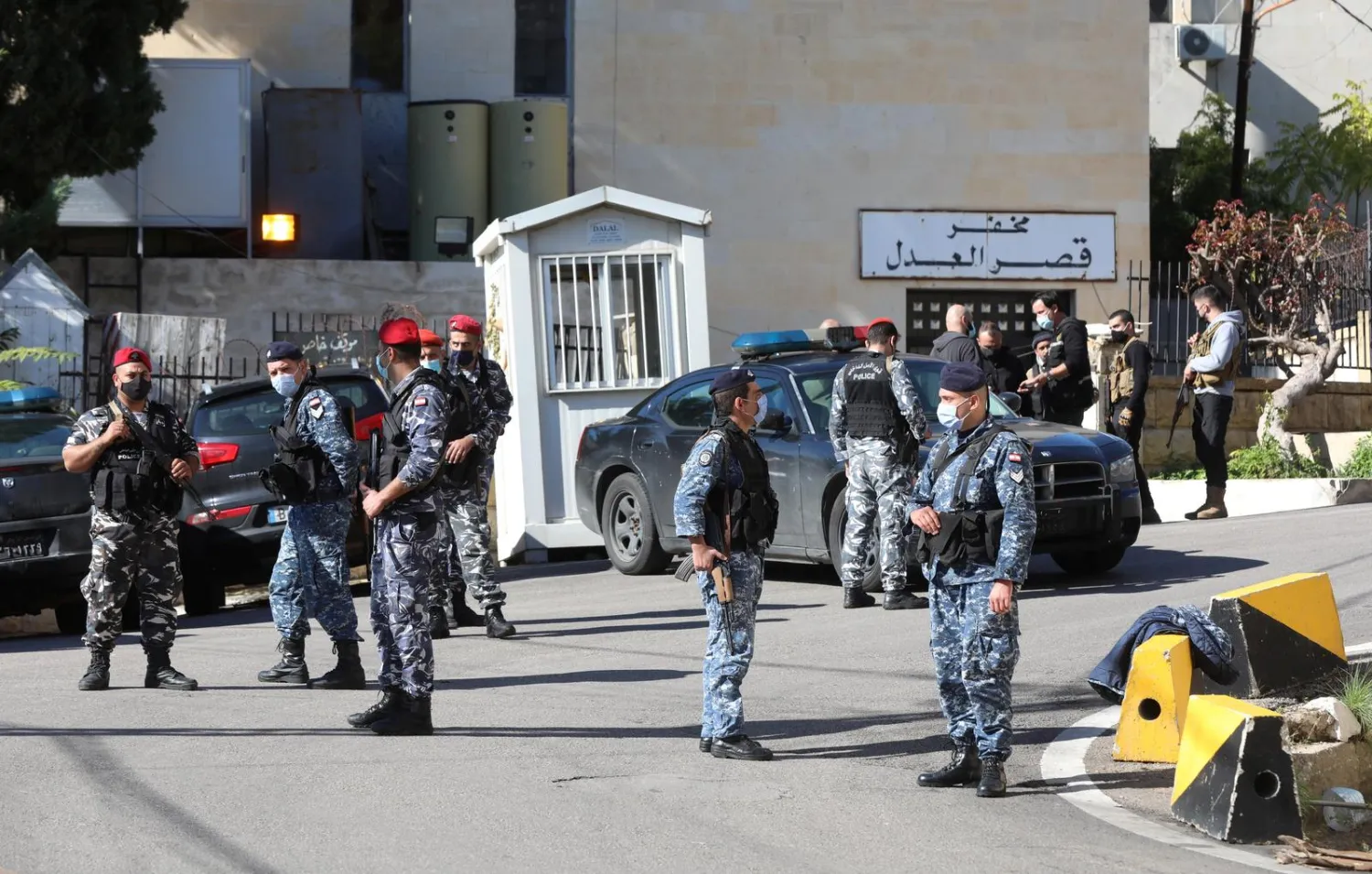The murder of three women has provoked outrage in Lebanon, as authorities revealed a doubling of domestic abuse reports.
The most high-profile death was that of model Zeina Kanjo, who was strangled at home. An arrest warrant has been issued for her husband, who was charged with her murder after fleeing to Turkey, according to the state-run National News Agency (NNA).
A local news channel invited Kanjo's husband, Ibrahim Ghazal, on to share his version of events, triggering anger on social media over what many see as a culture of victim blaming.
The United Nations has described a global increase in domestic abuse during coronavirus lockdowns as a "shadow pandemic", with a spiraling economic crisis worsening violence in homes in Lebanon, according to women's rights groups.
In new figures shared with the Thomson Reuters Foundation on Wednesday, the Internal Security Forces (ISF) said domestic violence reports doubled last year, with 1,468 cases received in the last 12 months, up from 747 during the previous year.
The number of women killed during domestic violence also increased but the exact figure has not yet been finalized, said the ISF official, who declined to be named because they were not authorized to speak to the media.
According to Reuters, the official figures reflect a similar trend to that noted by ABAAD, a women's rights organization, which saw calls to its helpline triple to 4,127 in 2020, up from 1,375 in 2019.
The second murder to make the headlines this month was of a woman in her 50s who was killed by a man who was trying to sexually assault her, the ISF said in a statement, adding that it had arrested a teenage male relative who had confessed.
Widad Hassoun, a middle-aged woman, was also reportedly found dead in northern Lebanon after being strangled.









